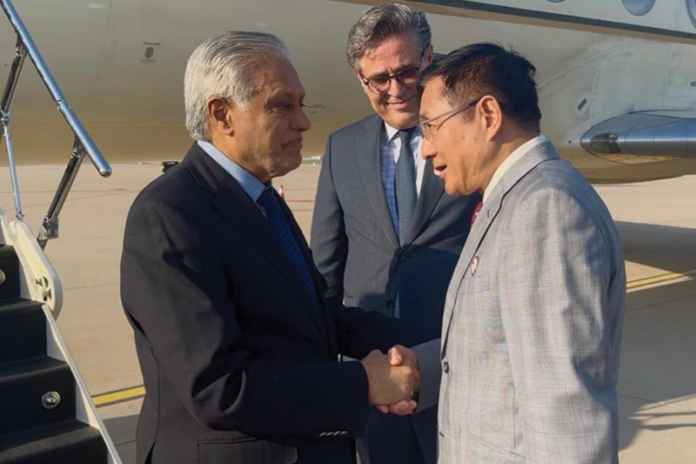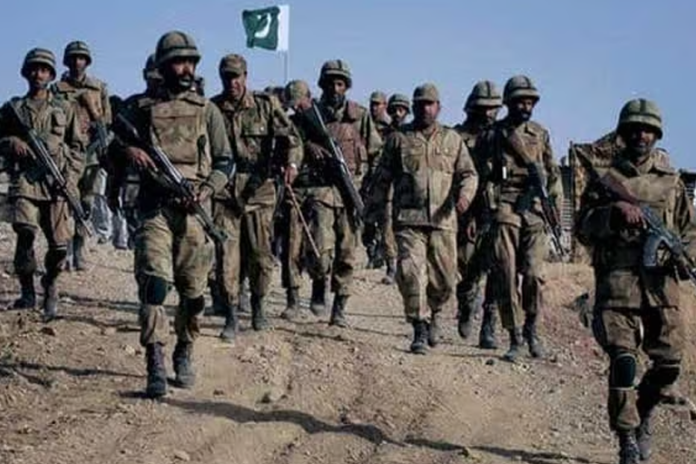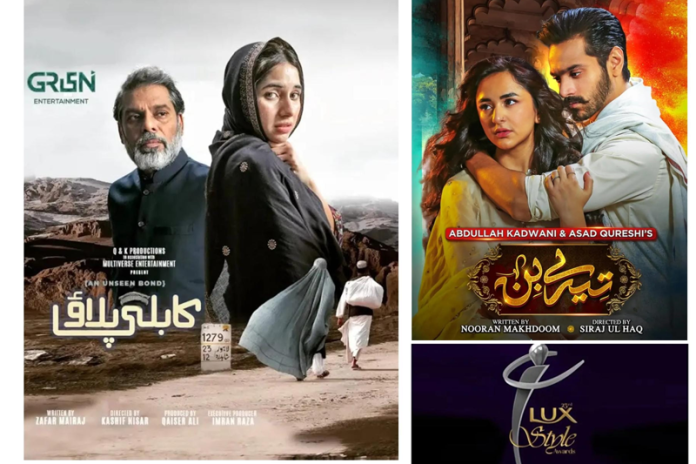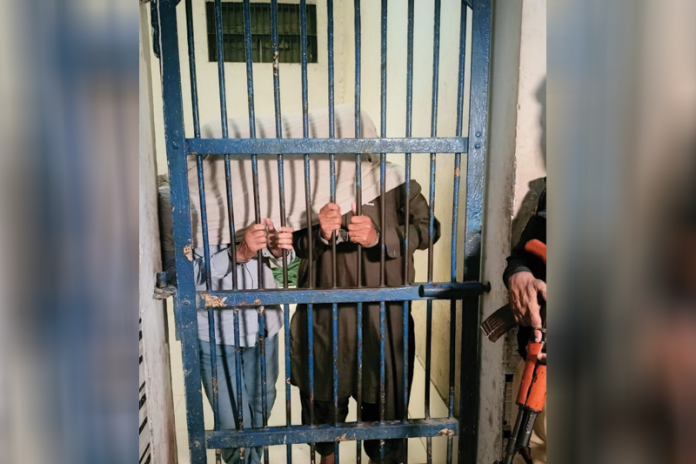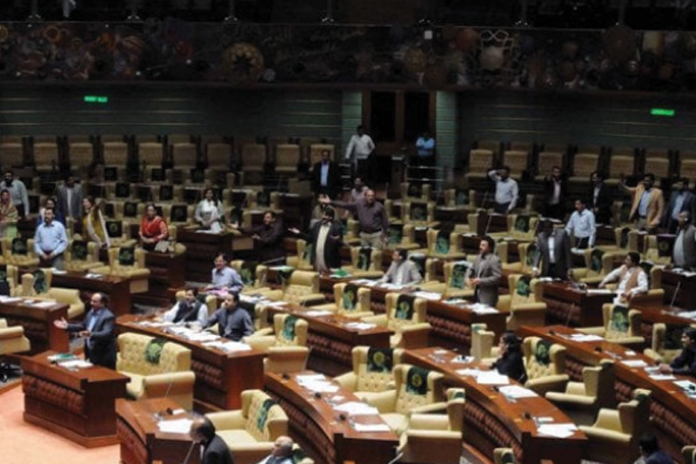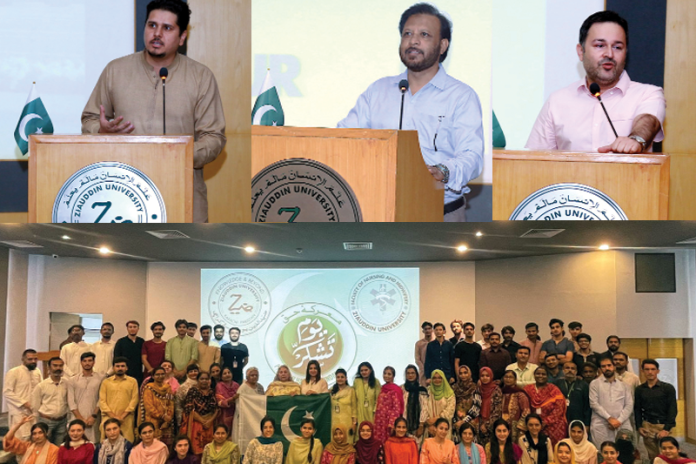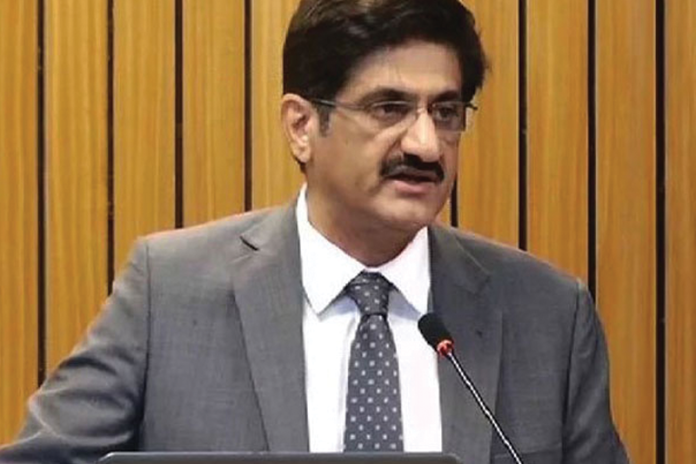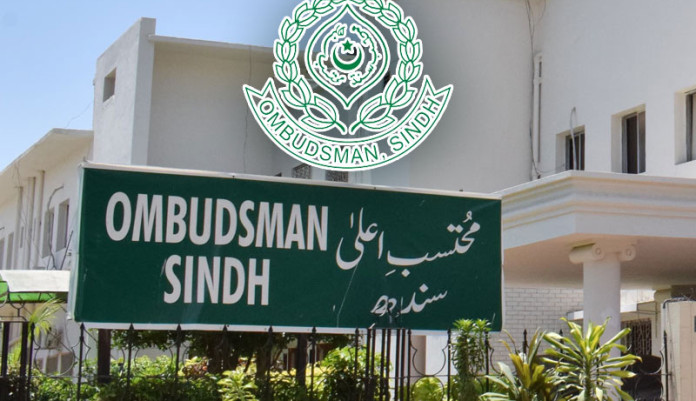Understanding Youm-e-Istehsaal: Pakistan's day of protest and remembrance
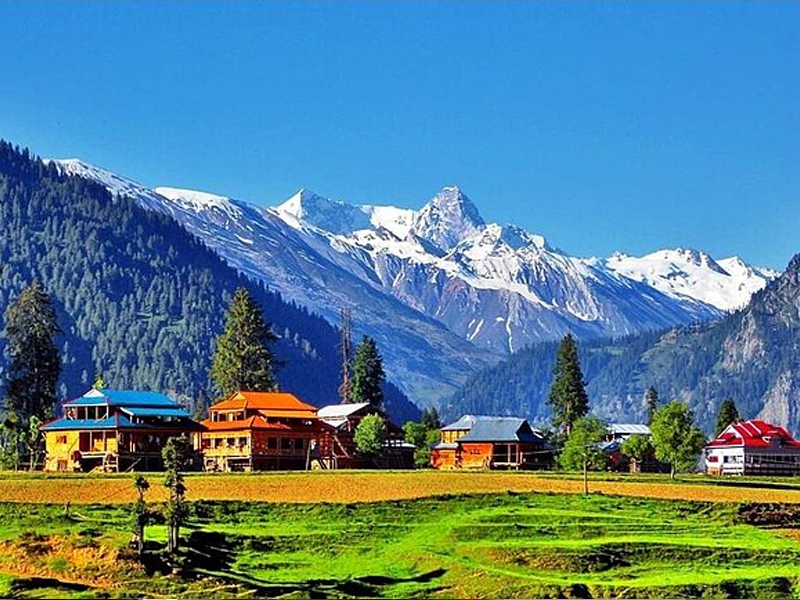
- 267
- 0
On August 5 each year, Pakistan observes Youm-e-Istehsaal, a day of profound significance that embodies both protest and remembrance.
The term "Istehsaal" translates to "oppression" or "exploitation," and this day serves as a poignant reminder of the ongoing struggle faced by the Kashmiri people. It commemorates a critical moment in history that has had far-reaching implications for the region and the broader geopolitical landscape. The origins of Youm-e-Istehsaal are deeply rooted in a dramatic shift in the political status of Jammu and Kashmir. On August 5, 2019, the Indian government, under the leadership of the Bharatiya Janata Party (BJP), unilaterally revoked the special autonomous status of Jammu and Kashmir by abrogating Article 370 and Article 35A of the Indian Constitution.
These articles had previously granted Jammu and Kashmir a degree of autonomy and special privileges, including the authority to make its own laws and protect its distinct demographic composition. The revocation was enacted through a Presidential order and was met with immediate and widespread condemnation from various quarters, particularly from Pakistan, which has long championed the Kashmiri cause. Youm-e-Istehsaal serves several important purposes. Firstly, it is a form of protest against what Pakistan and many others perceive as a violation of international laws and human rights. The revocation of Jammu and Kashmir's special status is viewed as an attempt to undermine the region's autonomy and alter its political and demographic landscape, which Pakistan argues violates international agreements and United Nations resolutions. On this day, Pakistan underscores its objection to the Indian government's actions and calls for a reversal of the decision, emphasizing the need for a just solution to the Kashmir dispute. Secondly, Youm-e-Istehsaal acts as a demonstration of solidarity with the Kashmiri people. It highlights the ongoing struggles and hardships faced by the residents of Jammu and Kashmir, who have endured decades of conflict and unrest. The observance of this day reflects Pakistan's support for the Kashmiri people's right to self-determination and their desire for a peaceful and dignified resolution to their plight. By highlighting their suffering and challenges, Youm-e-Istehsaal aims to draw attention to the humanitarian issues at play and reinforce the call for international support. Furthermore, Youm-e-Istehsaal serves as a critical platform for raising international awareness. Through various activities, Pakistan seeks to engage the global community in a conversation about the Kashmir issue. The day is marked by rallies, media campaigns, and educational programs that aim to shed light on the situation in Jammu and Kashmir.
By organizing large-scale demonstrations in major cities like Islamabad, Lahore, and Karachi, Pakistan seeks to amplify its message and rally support from the international community. Media campaigns, including documentaries and interviews, are designed to inform and educate both domestic and international audiences about the complexities of the conflict and the significance of the day. On Youm-e-Istehsaal, a variety of activities are undertaken to honor the day. Rallies and demonstrations become focal points, where political leaders, activists, and representatives from various organizations gather to express their stance on the Kashmir issue. These events are often accompanied by speeches and declarations that emphasize the need for international intervention and support for the Kashmiri cause. Additionally, media campaigns play a crucial role in educating the public, with news outlets and social media platforms amplifying messages about the ongoing struggle in Kashmir. Educational institutions also play a part in observance, with schools and universities hosting seminars and discussions to raise awareness among students and the general public. These programs aim to provide a comprehensive understanding of the historical and current dimensions of the Kashmir conflict. Cultural programs, including poetry recitations, art exhibitions, and musical performances, are organized to convey solidarity and to use artistic expression as a means of advocacy. The global reaction to Youm-e-Istehsaal varies. While some countries and international organizations express support for peaceful resolutions and advocate for dialogue, others maintain a more neutral stance, often influenced by geopolitical interests and strategic considerations. For Pakistan, Youm-e-Istehsaal is a crucial opportunity to engage in diplomatic efforts, to highlight its position on the Kashmir issue, and to advocate for international support in addressing the conflict. In conclusion, Youm-e-Istehsaal is a day marked by both protest and remembrance. It serves as a powerful reminder of the enduring struggle of the Kashmiri people and reflects Pakistan's commitment to advocating for their rights. Through rallies, media campaigns, educational programs, and cultural activities, the day underscores the need for continued international attention and a just resolution to the Kashmir conflict. As the situation in Jammu and Kashmir evolves, Youm-e-Istehsaal remains a significant element of Pakistan's efforts to address one of the world's most persistent and contentious geopolitical issues.




